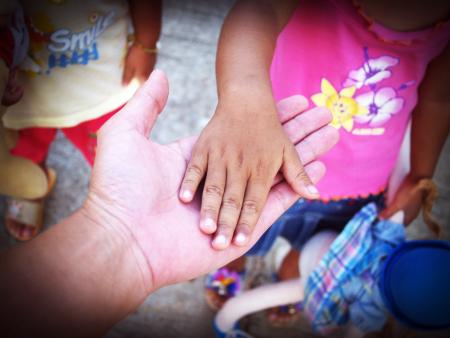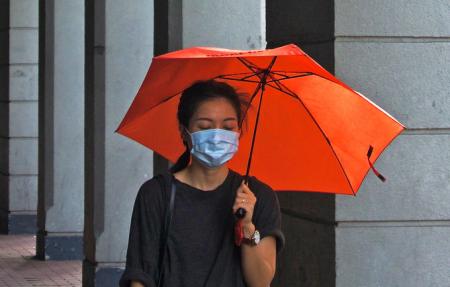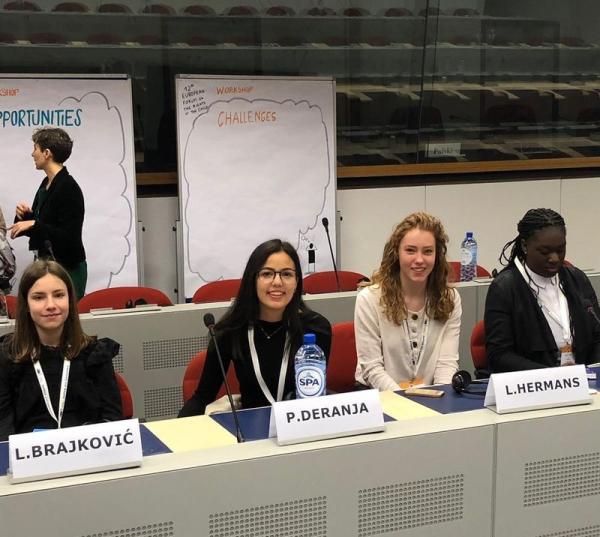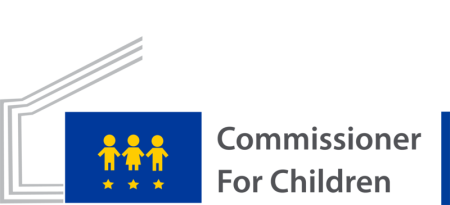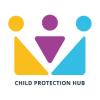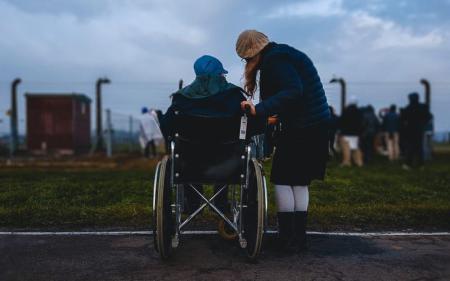
More than 800,000 people have now passed away due to coronavirus worldwide. The number of the registered cases is now at least 23 million according to Johns Hopkins University. Most cases are in the US, Brazil and India. Surely, this number is far higher, but the testing is unsatisfactory.
According to WHO, little is known about how children transmit the virus, but they can infect others as well as adults can.
The advice of WHO covers three age groups:
1. Children aged 12 and over – they should wear mask as adults, particularly when they can not guarantee the minimum of one metre from others.
2. Children aged between 6 and 11 are advised to take into account how widespread the transmission of the virus is and whether the kid interacts with high-risk people like elderly. Adult supervision is needed for them.
3. Children aged 5 and under in normal circumstances should not wear masks.
WHO also claims, in highly infected areas all adults under 60 should wear fabric masks, if the one-metre distance is not guaranteed from others. This is also crucial for adults working with children.
Adults aged 60 and over or with underlying health conditions should wear medical masks. The guidance does not define the mask question at school among children over 12, but it can happen that it will be a common feature of the classroom at the new academic year.
You can find more information here about the topic.


